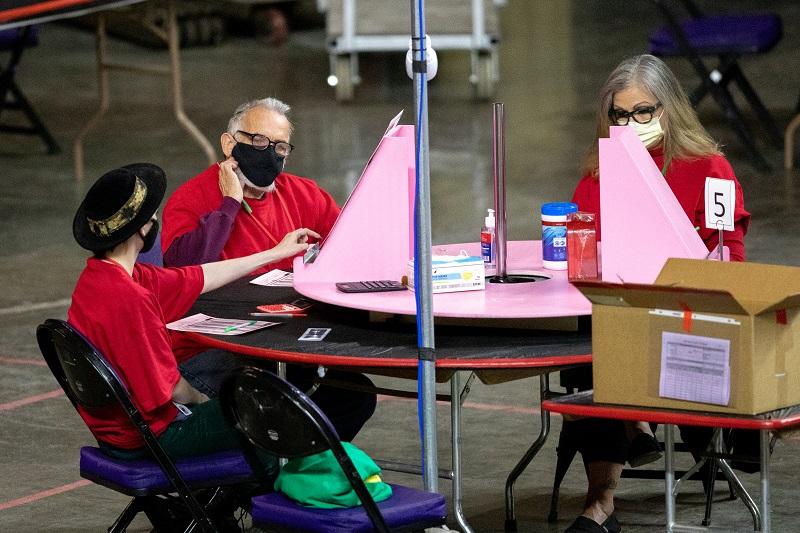A Department of Justice (DOJ) official with a lingering ethics problem is on tenuous constitutional ground in questioning the audit of 2020 presidential election returns for Arizona’s largest county, according to legal experts.
“Election officials targeted by the Department of Justice need to realize they are dealing with partisans who will twist the law for the sake of political power,” J. Christian Adams told The Epoch Times on May 18.





